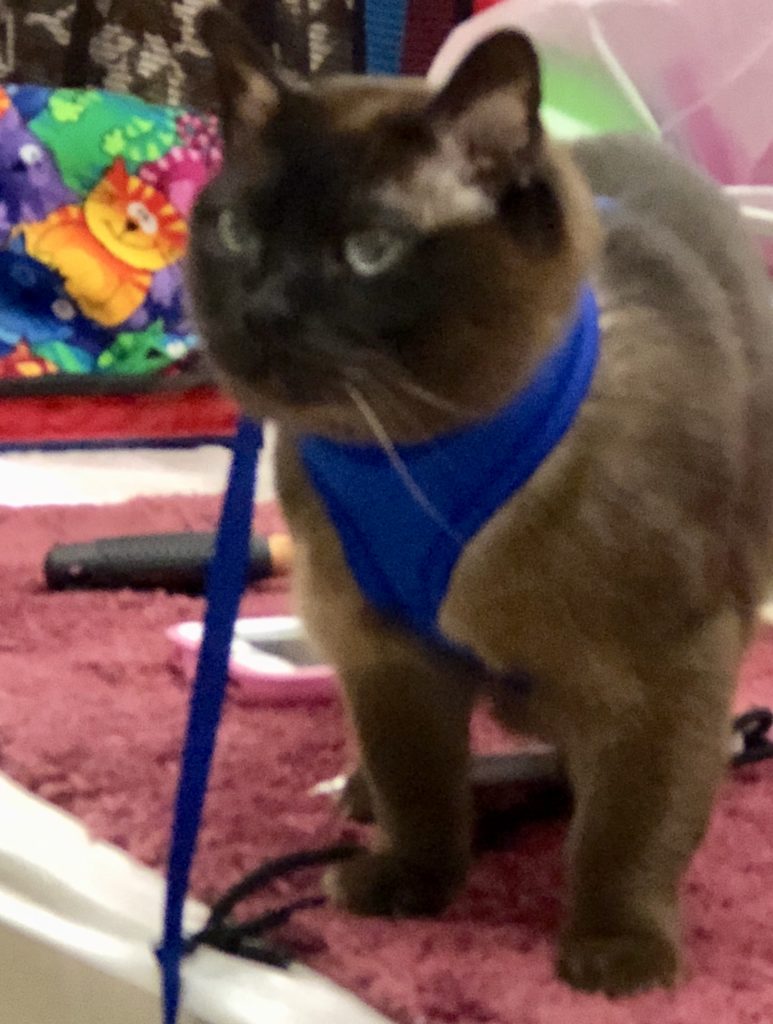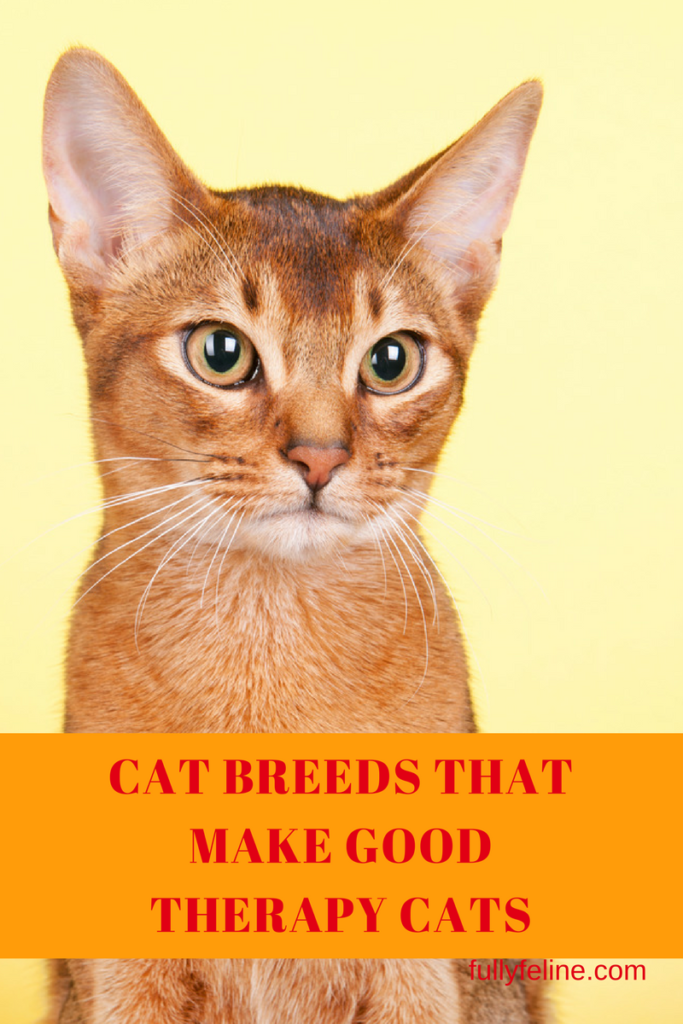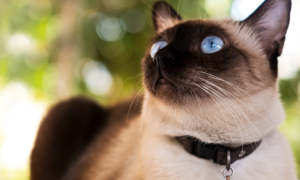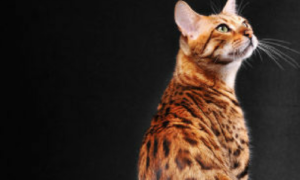Despite the popularity of dogs as therapy animals (and, yes, sometimes even dolphins!), therapy cats can also be amazingly powerful when it comes to providing a warm and comforting presence to those who are ill or suffering from psychological distress.
Cats have consistent demeanors, kneading paws, and purring that is soothing and almost meditative in nature. Nevertheless, they are known for being somewhat persnickety in personality when it comes to how they are touched and handled. Yes, they are more independent and usually less expressive than dogs, so the jury is still out as to what cat breeds are the best therapy pets.
Therapy Cat Traits
According to petcarefacts.com, a therapy cat should enjoy being held and handled and exhibit some form of patience, ease and gentleness under all situations. They should be willing to have strangers pet them and even hug them without becoming irritable.
Certainly personalities in cats vary, but there are a few breeds that seem to have the traits consistent with what is required of therapy cats:
Mixed Breeds
Typically less high-strung than purebreds, these felines are less finicky, a bit more affectionate, docile and relatively low-maintenance. These are great qualities to have when working with the elderly who are struggling with dementia or Alzheimer’s. Also, assisting children
with social fears, speech impediments or challenges expressing themselves.
Ragdolls
These are snuggly and affectionate cats! As their name suggests, they tend to go limp when picked up and love to just spend the day quietly on their human’s lap. Even when surrounded by children and groups of people, Ragdolls tend to maintain a calm demeanor and are well-suited to assist therapy patients.
Abyssinians
What a socialite, this breed! They love to be the center of attention. Intelligent, outgoing and willing to interact with humans, this breed is comfortable around strangers and also make for fun loving house mates. They love affection but are not the type to just sit on a lap for hours.
Sphynx
Such an inquisitive nature makes this breed quite engaging. Their low body temperature encourages them to enjoy being held close. Sphynx are loyal
to their owners, even following them room to room like a dog.
Tonkinese
The Tonkinese is an intelligent, active conversationalist. A Tonk expects to be treated as an equal member of the family. They want attention, and will demand it if they feel their needs are not being met.
Tonks love to be with people. I recently met Bronwyn, a Tonkinese therapy cat that’s been doing her job for 8 years. She works with local high school students and especially enjoys working with those with autism.

The American Shorthair
This cat has an amazingly balanced temperament and especially patient with children. American Shorthairs develop a strong attachment to his owners, providing comfort and a nurturing presence.
What other breeds of cats do you think would make great therapy pets?
A member of our Facebook community, Suzanne MacDougall, shared this picture of her Ragdoll cat, Coco. Coco is a certified therapy cat that has been visiting hospice patients for 7 years!







